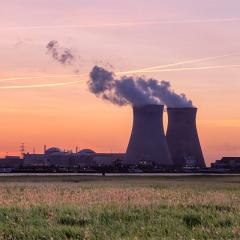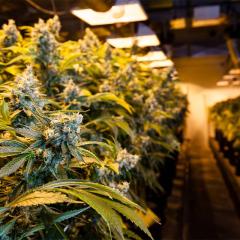For The Conversation: Professor John Quiggin says new research shows that for the first time, fuel efficiency in Australia is getting worse, not better.
In several speeches of late, Prime Minister Scott Morrison insisted with a straight face that Australia is doing its bit on climate change. The claim was swiftly and thoroughly debunked. The truth is that the Morrison government is piggybacking on the efforts of others, to varying degrees of success.
We saw it in electricity generation, where the federal government has rejected a string of schemes to reduce emissions. Nonetheless the electricity sector is getting cleaner as ageing coal-fired power stations are replaced by renewables. This outcome owes nothing to federal government action. It reflects state government policies and the residual effects of the previous Labor government’s Renewable Energy Target, and public pressure that forced banks and insurance companies to stop supporting fossil fuels.
In the transport sector, after decades of inaction, the government rejected recommendations from the Climate Change Authority to impose fuel efficiency standards on passenger vehicles, leaving Australia as the only OECD country without such standards. It has similarly derided action to promote the use of electric vehicles.
Instead, the Coalition is relying on the hope that carbon dioxide emission rates of Australia’s new passenger vehicle fleet will reduce over time without any effort by governments, because vehicle emissions legislation overseas, where Australia’s cars are made, is delivering technological improvements. Official projections state that some, but not all, of this improvement will flow through to Australia.
Unfortunately, this assumption is not reliable. New research shows that for the first time, fuel efficiency in Australia is getting worse, not better. In the absence of positive action from governments, transport emissions will continue to grow, and even accelerate.



